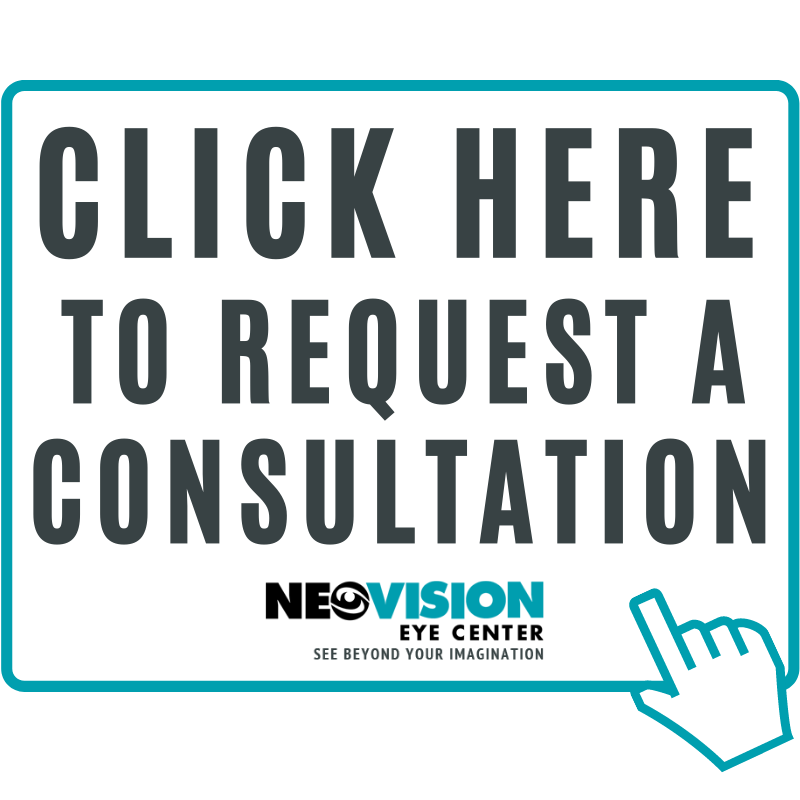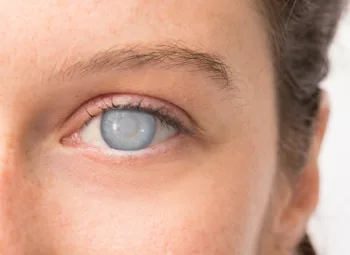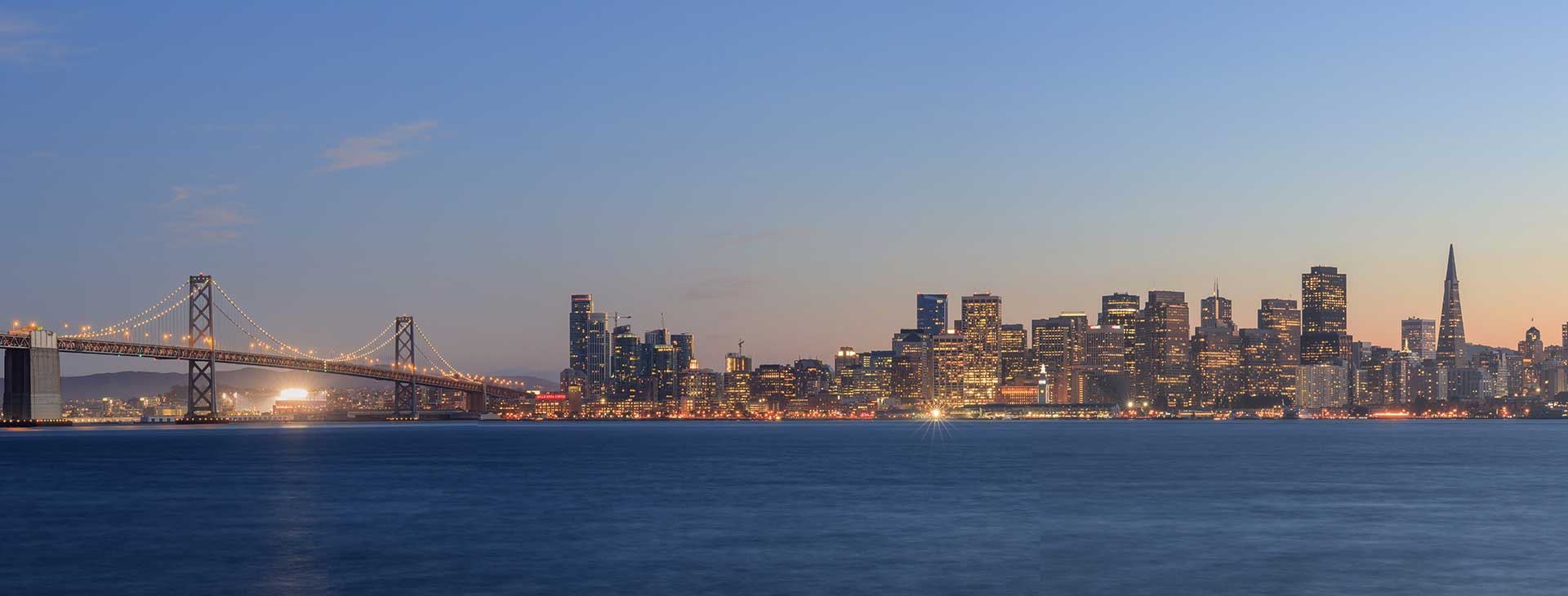
Dr. Tandon is a Stanford-trained Ophthalmologist with over 20 years of experience performing life-changing cataract-removal surgery. As a leader in laser-assisted cataract surgery, NeoVision Eye Center is equipped with the most advanced technology available to permanently remove cataracts. If you are considering laser cataracts surgery, read on to learn more about our patient’s most common questions about their quality of vision after the procedure including whether or not cataract surgery is permanent.
Permanently Remove Cataracts with Laser Cataract Surgery
It is estimated that over 2.4 million people in the U.S. over the age of 40 are affected by cataracts. More than 50% of the population over the age of 75 have age-related cataracts. If left untreated this degenerative eye disease can lead to gradual vision loss and eventually permanent blindness. These statistics are frightening, but if you are one of the many people suffering from cataracts, there is hope. Millions of people in the U.S. turn to Laser Cataract Surgery every year to remove cataracts and restore their vision.
3 Common Questions About the Permanence of Cataract Surgery
1. Can My Cataracts Grow Back?
Cataract removal surgery is a permanent solution that guarantees the condition will never return. During your procedure, your natural eye lens is removed and replaced with an artificial Intraocular Lens (IOL). Cataract development is impossible after your artificial lens has been implanted, so there is no possibility of cataracts growing back after surgery.
2. What Will My Vision be Like After Cataract Surgery?
Your eyes begin healing immediately after laser cataract surgery, and patients can begin to experience gradual vision improvements within days of their procedure. Everyone’s healing process will be different, but most often patients are fully recovered within four to six weeks following cataract surgery.
After your cataract-removal surgery, your vision quality will progressively improve as your eyes adjust to your new lenses. Most patients adapt to their lenses immediately, while others may experience blurred vision for up to a week as their eyes get accustomed to the implants.
Learn more about what to expect while healing from the procedure in our previous blog post about the Laser Cataract Surgery Recovery Timeline.
3. Are There Other Factors That Can Affect My Vision After Cataract Surgery?
While cataract surgery is a permanent cure, there are factors that can still affect or comprise your vision after your procedure. Sustaining an injury to your eye or head can lead to vision loss or blindness. It is important to always wear protective eyewear to minimize your risk of traumatic eye injuries. At NeoVision Eye Center, we offer a wide selection of specialty sport and safety glasses to ensure your optimal protection.
Anyone over the age of 40 is at risk of developing age-related eye conditions such as Glaucoma or Age-Related Macular Degeneration (AMD). Even if you have previously had your natural eye lens removed during cataract surgery, many degenerative eye conditions can still develop in different areas of your eye. Early detection of age-related eye diseases through comprehensive eye exams is essential to preventing irreparable damage and permanent blindness.
Read our guide on the Four Most Common Age-Related Eye Conditions to learn how to defect their early symptoms before irreparable damage to your vision has occurred.
NeoVision Eye Center is the Bay Area’s Premier Source for Laser Cataract Surgery
At NeoVision Eye Center, we pride ourselves on providing the highest quality care to all our Bay Area patients. Our staff is eager to answer all of your questions and guide you through your journey towards better vision with laser cataract surgery.
If you believe you may be at risk of developing cataracts, or have previously undergone cataract surgery and are experiencing new changes in your vision quality, contact our experts at NeoVision Eye Center today.






